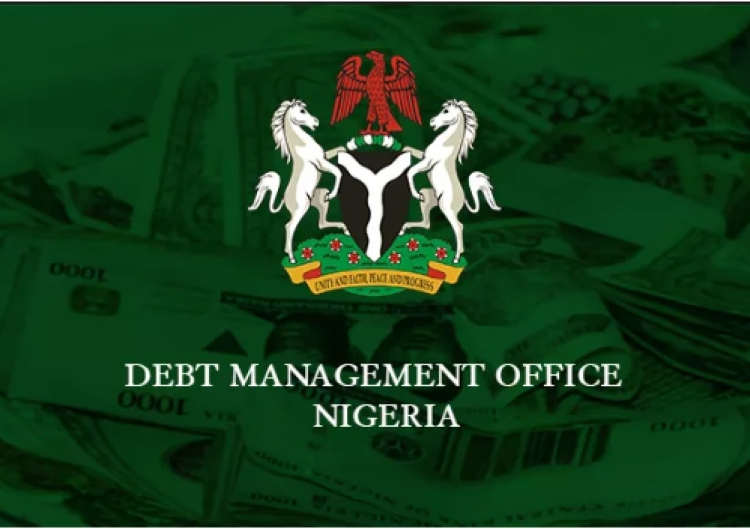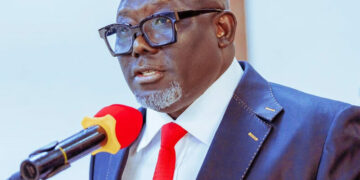Nigeria’s public debt profile has yet again increased by N8.02 trillion to N142 trillion as at the end of September 30, 2024, driven by the depreciation of the Naira that has continued to affect the country’s cost of external obligation.
According to data published by the Debt Management Office (DMO) on Tuesday, the spike represented a 5.97 per cent increase from N134.3 trillion recorded in the second quarter of 2024.
The debt, comprising external and domestic obligations, reflects the significant impact of exchange rate depreciation on external borrowings when converted to naira terms.
With the exchange rate weakening from N1,470.19/$ in June to N1,601.03/$ by the end of September, the country, has as much as N68.88 trillion ($43 billion) as its foreign debt, accounting for 48.4 per cent of the total debt stock.
In naira terms, the external debt surged by 9.22 per cent, rising from N63.07 trillion to N68.89 trillion in the third quarter.
A more cursory look at the data showed that the Nigerian government relied more on domestic borrowings as it accounted for 51.6 per cent of total debt profile, with the FGN taking N69.2 trillion and state governments having N4.2 trillion as their debts.
Domestic debt reduced by 5.34 per cent in dollar terms, falling from $48.45 billion in June to $45.87 billion in September. In naira terms, it rose by 3.10 percent from N71.22 trillion to N73.43 trillion during the period.
The federal government’s external debt accounted for $38.12 billion in September, up from $38.01 billion in June, while states and the Federal Capital Territory held $4.91 billion in external debt, a slight increase from $4.89 billion.
For domestic debt, the federal government’s obligations rose from N66.96 trillion to N69.22 trillion, while states and the FCT recorded a minor reduction from N4.27 trillion to N4.21 trillion.
Overall, Nigeria’s total public debt in dollar terms fell by 2.70 percent, from $91.35 billion in June to $88.89 billion in September.
However, Nigeria’s debt stock has grown from 78.13 percent recorded in June 2024 to 78.95 percent in September 2024, defying the DMO’s self-imposed public debt ceiling of 40 percent, as outlined in the agency’s Medium-Term Debt Management Strategy.
Although the current public debt-to-GDP ratio of about 55 percent is slightly below the IMF’s 60 percent benchmark for emerging market countries, the nation’s weak revenue profile and FX volatility risks could further escalate debt levels, straining the already strained economy.
Rising public debt means elevated debt-to-service cost. The rising debt profile, particularly in naira terms, raises concerns over debt sustainability, especially with the exchange rate volatility driving up the local currency cost of external obligations.
Analysts have expressed concerns over the rising debt levels, warning that it could trigger a debt crisis for a country that’s reeling from its worst cost of living crisis in a generation.
While the exchange rate has begun to show reduced volatility due to the various central bank’s policies, analysts believe that the proposed tax reforms, if passed, might help Nigeria boost its revenue base and lower borrowings.





